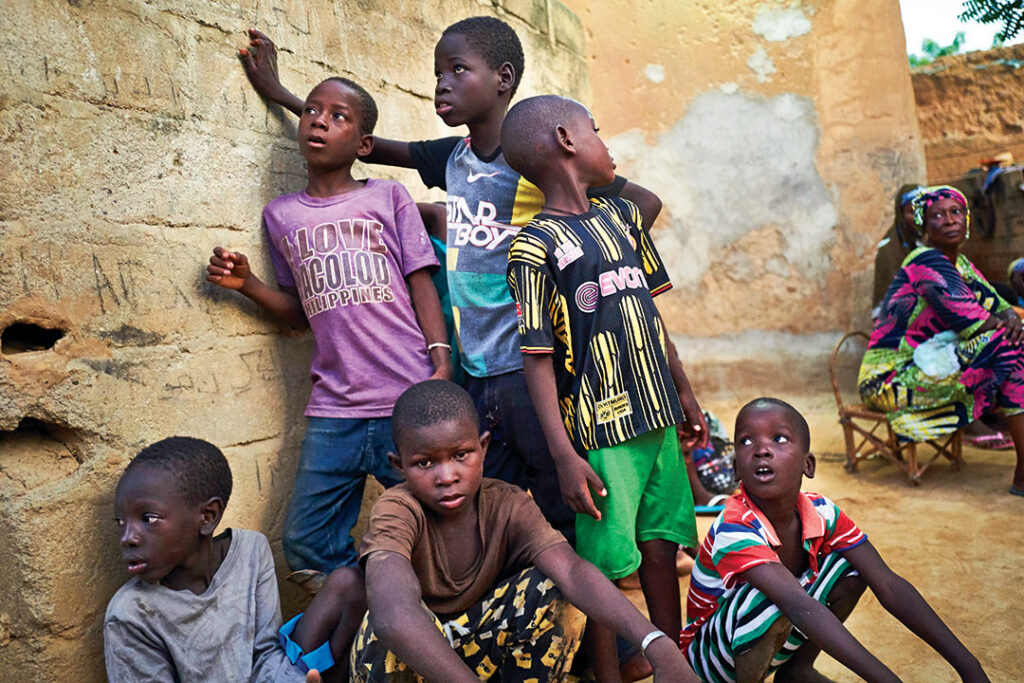The Sahel’s Harsh Terrain Is Fertile Ground for Recruiting Youths. Groups and Governments Must Offer Alternatives.
ADF STAFF
Life in much of the Sahel is hard. The United Nations estimates that roughly 80% of the Sahel’s farmland is degraded. Droughts and floods are growing longer and more frequent, undermining food production. It’s one of the poorest regions on Earth, with 44% of its children lacking access to primary education. Only a third of the population can read and write.
Hiroute Guebre Sellassie, the U.N. secretary-general’s special envoy for the Sahel, said the region’s governments must spend a significant amount on their growing security threats, leaving little for issues affecting young people. The problem is compounded, Sellassie told The Associated Press, because drug traffickers work with armed groups and terrorists who exchange safe passage for money.
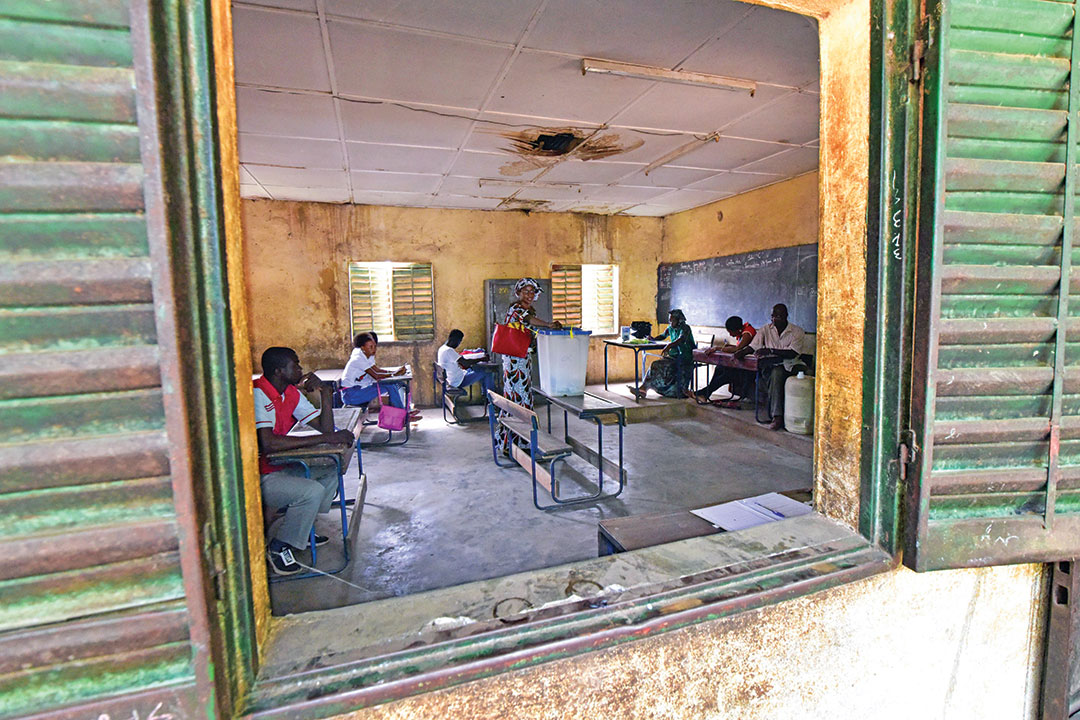
In Niger’s Tillabéri region, there are two reasons for joining an extremist group. Young unemployed men there feel useless. As one Fulani nomad told International Alert, these young men “are even ready to form an alliance with the devil if it will make their lives meaningful.”
For these young herders, joining extremists may not lead to prosperity, but it protects livestock from bandits and other ethnic groups.
Throughout Africa, young people are the backbone of extremist groups. It’s no coincidence that “al-Shabaab” means “the youth.” Extremist groups use young people in attacks to show their brutality and resolve to win. In raids involving the extensive use of small arms, young people are expendable fighters.
As researcher-educator Jessica Trisko Darden wrote in a 2019 study, “Over time, the recruitment of youth into armed groups can lay the foundation for future conflicts.” Darden and other researchers have concluded that trying to reform young people who are already in extremist groups is not the answer. The answer lies in preventing them from joining such groups in the first place.
In producing the 2017 study, “We Hope and We Fight,” nongovernmental organizations (NGOs) Think Peace and Mercy Corps interviewed young members of armed groups, nonviolent young people and community leaders in conflict areas. Their goal was to find out why some young people join armed groups while others resist violence. Their findings included:
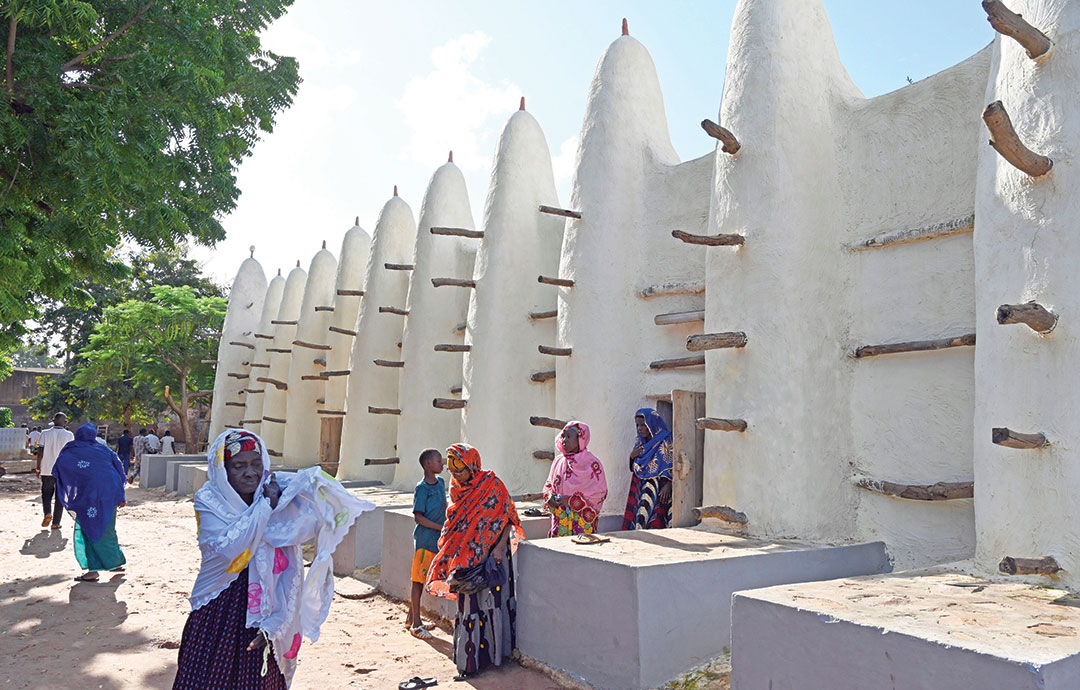
Community support for armed groups encourages youths to engage in violence out of a sense of duty or respect. Whether groups are pro-government, anti-government or violent extremists, their members said they had the support and shared values of their communities. That acceptance meant that participation in violence was regarded as neither deviant nor abnormal. As a member of one anti-government group noted, “My source of motivation is the support I receive from my community for the safekeeping of property and people.”
Perceptions of community exclusion fostered by the government, based on geography or ethnic identity, fuel participation in anti-government armed groups. When young people feel their governments have neglected or mistreated them, they are more likely to join extremist or anti-government groups.
Young people say they are driven to join anti-government groups because of their experiences with injustice, including abuses and corruption. Some mentioned direct abuse by the military; others mentioned experiences with, or perceptions of, government extortion. A 2018 study by International Alert said that young people in the Sahel have often experienced government shortcomings firsthand in disputes over land during rainy seasons. “Given the state’s lack of action, a sense of abandonment and a gradual loss of trust in authorities” can drive young people to take up arms to protect themselves, the study reported.
Some young people, looking for the long-term stability of a government job, think that joining armed groups may be a stepping stone to joining the military. Other studies have shown that young people, facing poor prospects for employment, have joined extremist groups as a means of status and protest. Farming and herding jobs often “no longer award social respectability in line with existing norms,” the U.N. Interregional Crime and Justice Research Institute reported. “For young men, this can easily lead them to question the way society is organized economically and morally. Joining violent extremist groups can provide a solution where the quest for recognition outweighs” other factors.
In her 2019 report for the American Enterprise Institute, Darden said young people are drawn to extremist groups based on a range of motivations, including a search for group-based identity, the ideological appeal of a group, and real or perceived exclusion from society. Among her report’s suggestions was a move beyond the focus on young men to also confront the radicalization and recruitment of girls and young women.
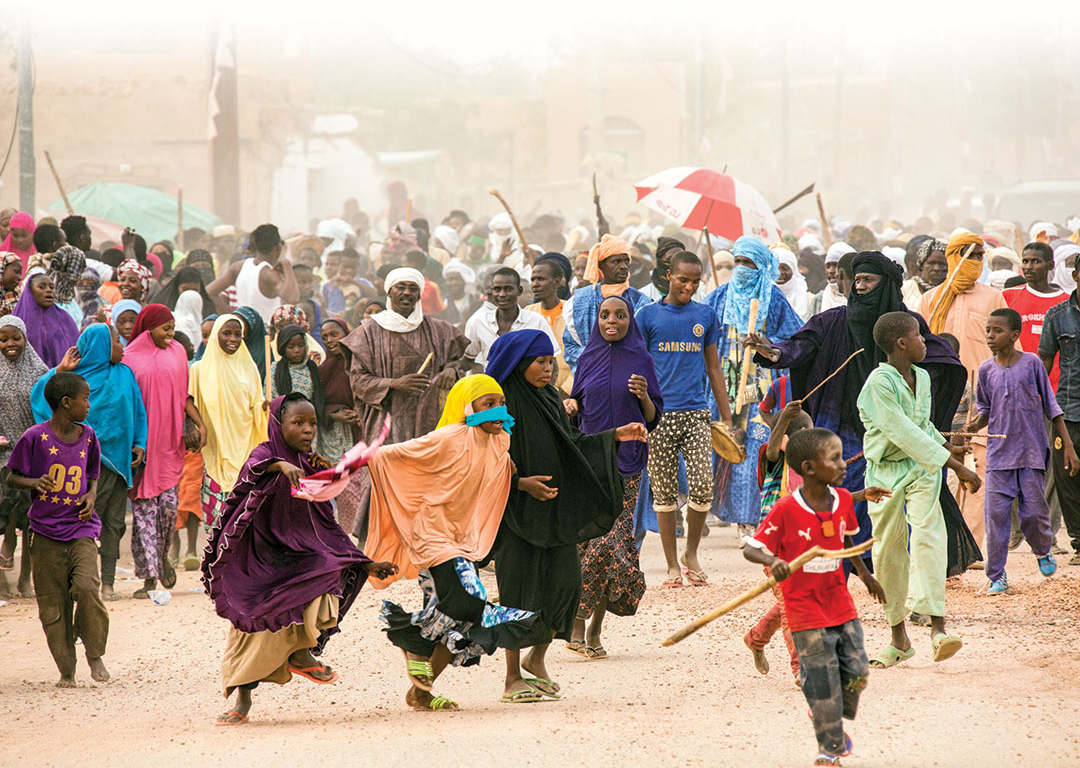
FOCUS ON SOCIAL NETWORKS
Mercy Corps says programs to prevent young people from joining extremist groups need to focus on social networks, not demographics. Because recruitment often is rooted in the cultivation of a tightly knit, collectivist identity, prevention should focus on community-based alternatives: incorporating young people into peaceful groups, mentorship programs, and creating opportunities for young people to build individual identities and positive family connections.
Mercy Corps said recruitment prevention programs should support, educate and partner with “peaceful local actors,” particularly wives, mothers and young people. Trusted community voices are the ones most likely to offer positive role models and alternative views. Local tribal leaders and imams, for instance, are valuable opinion shapers. Mothers’ groups in particular can be valuable in blunting extremist appeal. Mercy Corps also said spaces need to be set up where former fighters can serve as prevention advocates and mentors within communities and universities. And, the NGO said, groups and governments need to increase political and financial support for programs that address governance gaps that drive extremism.
A 2018 International Alert study focused on young people taking up arms in Burkina Faso, Mali and Niger. The study, titled “If Victims Become Perpetrators,” showed that violent extremism in the central Sahel was mostly a response to local conflicts, “and that the link with international jihadism is more rhetoric than reality.”
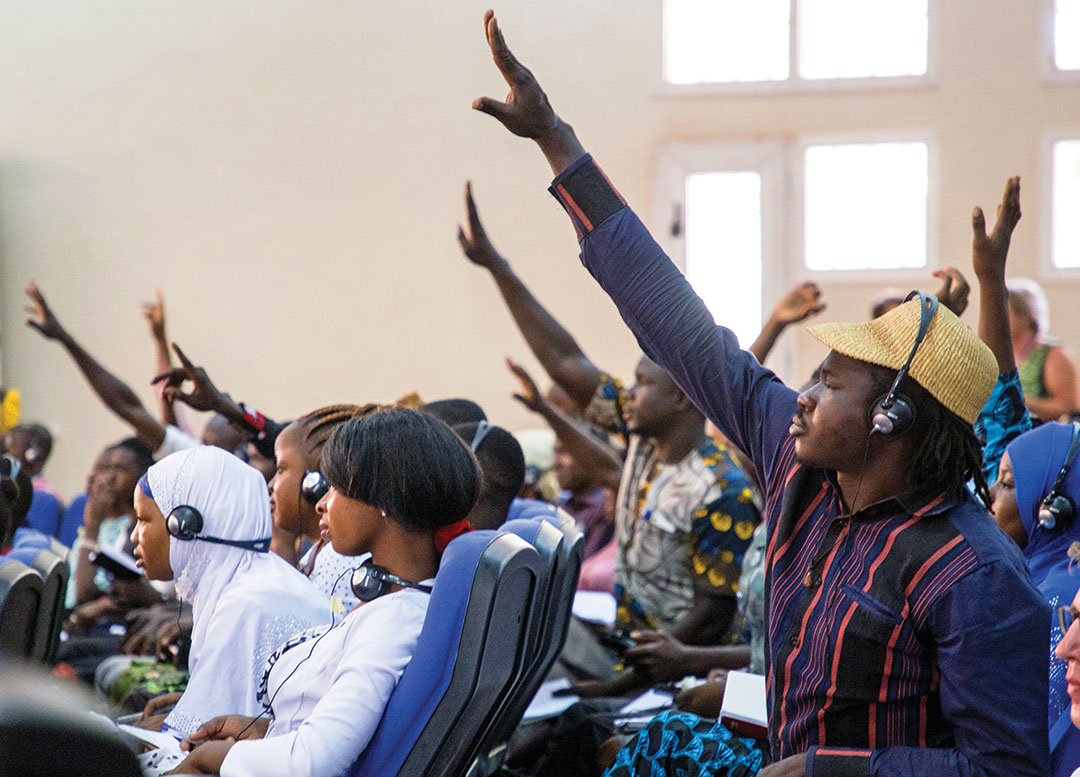
In its 2017 report, Mercy Corps came up with five recommendations for preventing young people from joining extremist groups:
Focus on preventing violence and improving safety at the local level instead of targeting young people assumed to be “at risk.” Many young people in armed groups have deep social ties to people in their communities, suggesting that they are not truly marginalized. Interventions to prevent violence need to be inclusive and address the entire community, rather than targeting specific groups or individuals.
Establish inclusive, collaborative plans that show the peace process to be transparent and responsive to community needs. A peace process depends on whether it can meet the expectations of young people. If the plan includes or excludes certain groups or regions, those actions must be seen as legitimate and fair. Groups handling the peace process must be flexible and responsive to changing dynamics. They must make sure that armed groups not included in the peace process are accounted for in the future. Groups involved in the peace process must communicate with people in conflict areas to make sure they are aware of the terms of any agreements and identify and resolve other factors in the process.
Develop community-level security plans that outline a transition from armed groups to state-led security management. Many times, nonstate armed groups have widespread community support, and traditional counter-insurgency approaches may backfire. A failure to address a community’s security concerns, along with a failure to address past military abuses, will prevent a peace plan from taking root.
Improve local governing through better service delivery and decision-making that includes local input and feedback. That input must include young people.
Identify and create opportunities for young people to achieve status without joining armed groups. Young people need nonviolent ways to gain recognition within their communities. They need meaningful, stable and demand-driven jobs that will expand their horizons beyond serving in scarce military or civil service posts. Taking part in social activities, civic engagement projects and advocacy groups also can help young people feel a sense of recognition. But such groups must be paired with real changes in government service provision and inclusion.

